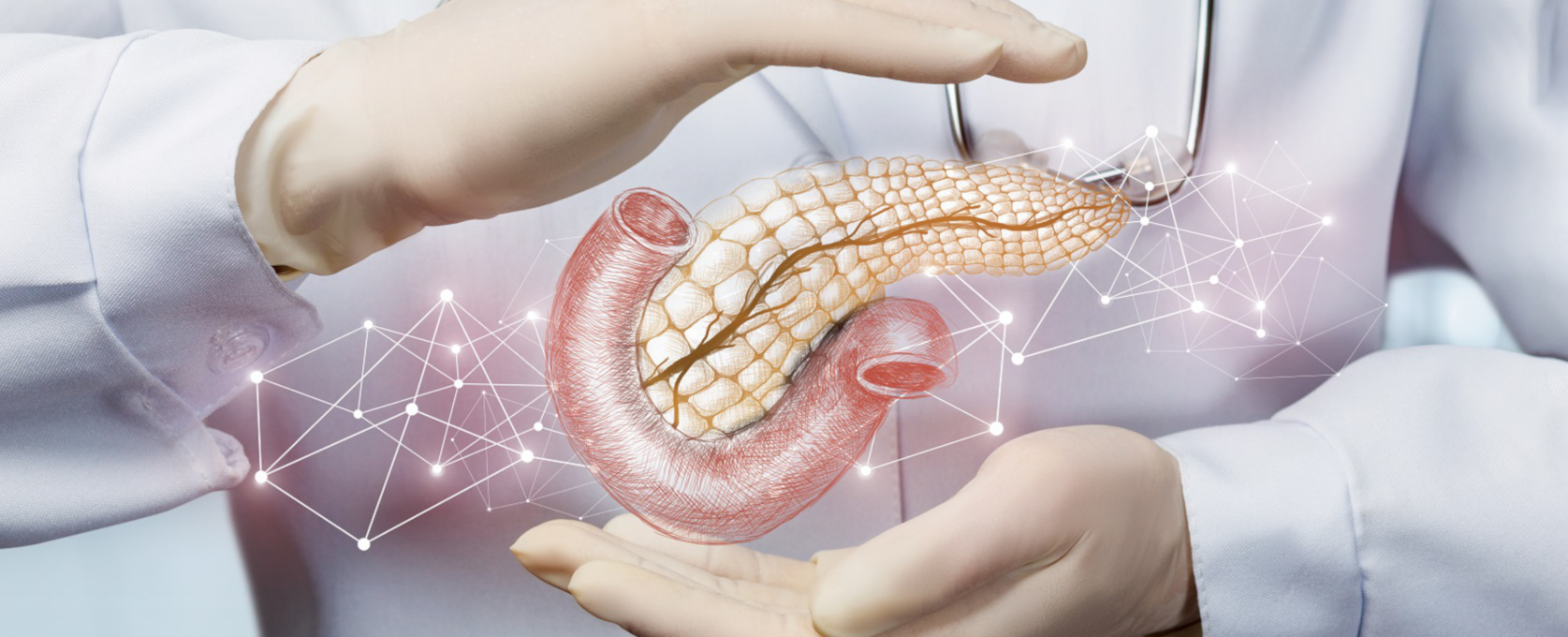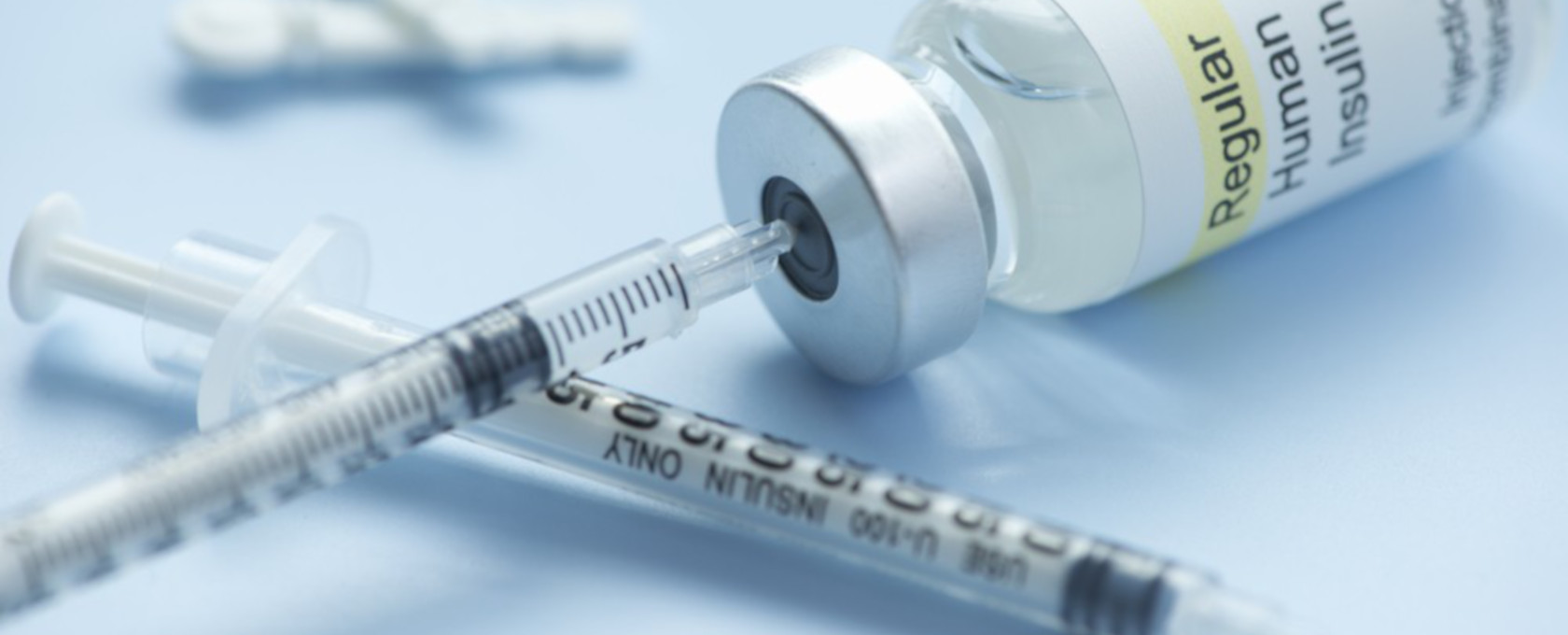
Erectile dysfunction (ED) is common in men with diabetes – especially in those with diabetes type 2. Many simply accept this as an unfortunate, unpleasant side effect of an incurable disease. But they are wrong. Neither diabetes nor erectile dysfunction needs to be accepted as a fact of life.
Erectile dysfunction is the inability to maintain or to get an erection, which is firm enough to perform sexual intercourse. It can have a number of causes, but in men with diabetes, it commonly stems from damage to nerves which control the erectile function and/or to the blood vessels in and around the penis as a result of poor long-term blood sugar control. Interestingly, many men experience erectile dysfunction before their diabetes type 2 has even been diagnosed. As a metabolic disease, diabetes can also be linked to problems such as high blood pressure and heart disease. Both of these can have a negative effect on a man’s ability to sustain an erection.
Obviously, the suffering from ED can greatly influence how you and your partner feel. It may leave you both frustrated and feeling helpless. Metabolic restoration has been shown to effective in restoring erectile function in many diabetic patients with ED.
Metabolic Restoration Can Help
Metabolic restoration uses pulsed insulin doses given during a three hour IV treatment. After having vitals checked and blood glucose levels measured, patients are attached to a saline IV drip. The blood sugar is brought to a precalculated level using fast-acting insulin. During the three hour therapy, small amounts of insulin are pulsed into the bloodstream while the patient either consumes a predetermined amount of carbohydrates. Glucose can also be pulsed intravenously.
The treatment is usually repeated for at least two consecutive days and then applied one or twice a week for several weeks. In some cases, a shorter, more intensive therapy is combined with other modalities, such as stem cell therapy, exosome therapy, and hyperbaric oxygen therapy. This is usually completed in a fourteen-day period.
Promising Results for Patient with ED
Recently, the results of three observational studies were released. As part of this, a two-year study of 1,524 diabetic patients was conducted to compare hospital admissions and emergency department visits to patients who had not received metabolic restoration.
The results showed a 96.1% reduction in admissions for diabetic patients with ED who had received metabolic restoration compared to those who had not. In addition, 93% of patients with Painful Diabetic Neuropathy, another factor impacting the erectile function, reported complete elimination or reduction of pain.
The Basics
If you are suffering from erectile dysfunction, there is much you can do. Most importantly, start with the basics:
- Check your medications. Ask your doctor if there are any medications you are taking that might be worsening your erectile problems. These may be drugs used to treat high blood pressure or depression. Your doctor will be able to suggest some alternatives.
- Lose excess weight. Being overweight can cause — or worsen — erectile dysfunction. Belly fat is also hormone active and is related to metabolic disease.
- Include physical activity in your daily routine. Exercise can help with underlying conditions that play a part in erectile dysfunction in several different ways. These can include helping to reduce stress and tension, helping you burn fat more effectively, and increasing blood circulation.
- Limit or cut out alcohol. Too much alcohol can contribute to erectile dysfunction. If you choose to drink alcohol, drink in moderation.
- Stop smoking. If you smoke, you should try to stop or switch form tobacco. Tobacco use, including smoking, causes your blood vessels to constrict. This can lead to or worsen erectile dysfunction. Smoking can also decrease levels of the chemical nitric oxide, which signals your body to allow blood flow to your penis.
Combining these basic steps with metabolic restoration treatment may be the solution to your erectile dysfunction.
Source:
Elliott J, Zaias N, Escovar S, et al. Microburst insulin infusion: results of observational studies – carbohydrate metabolism, painful diabetic neuropathy, and hospital/emergency department utilization. J Diabetes Metab Disord Control. 2017;4(4):116-121.




